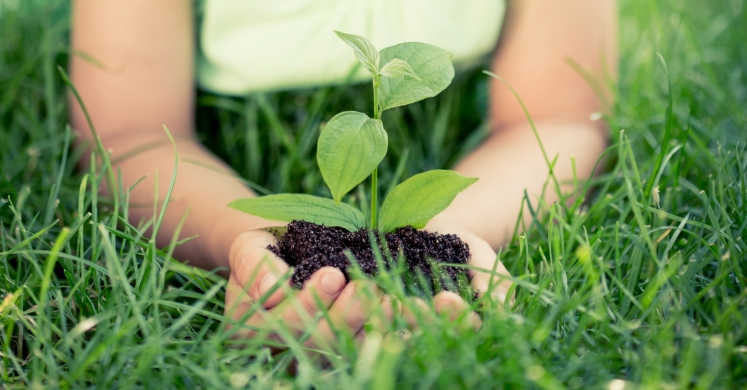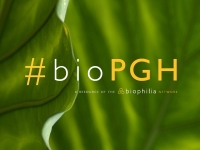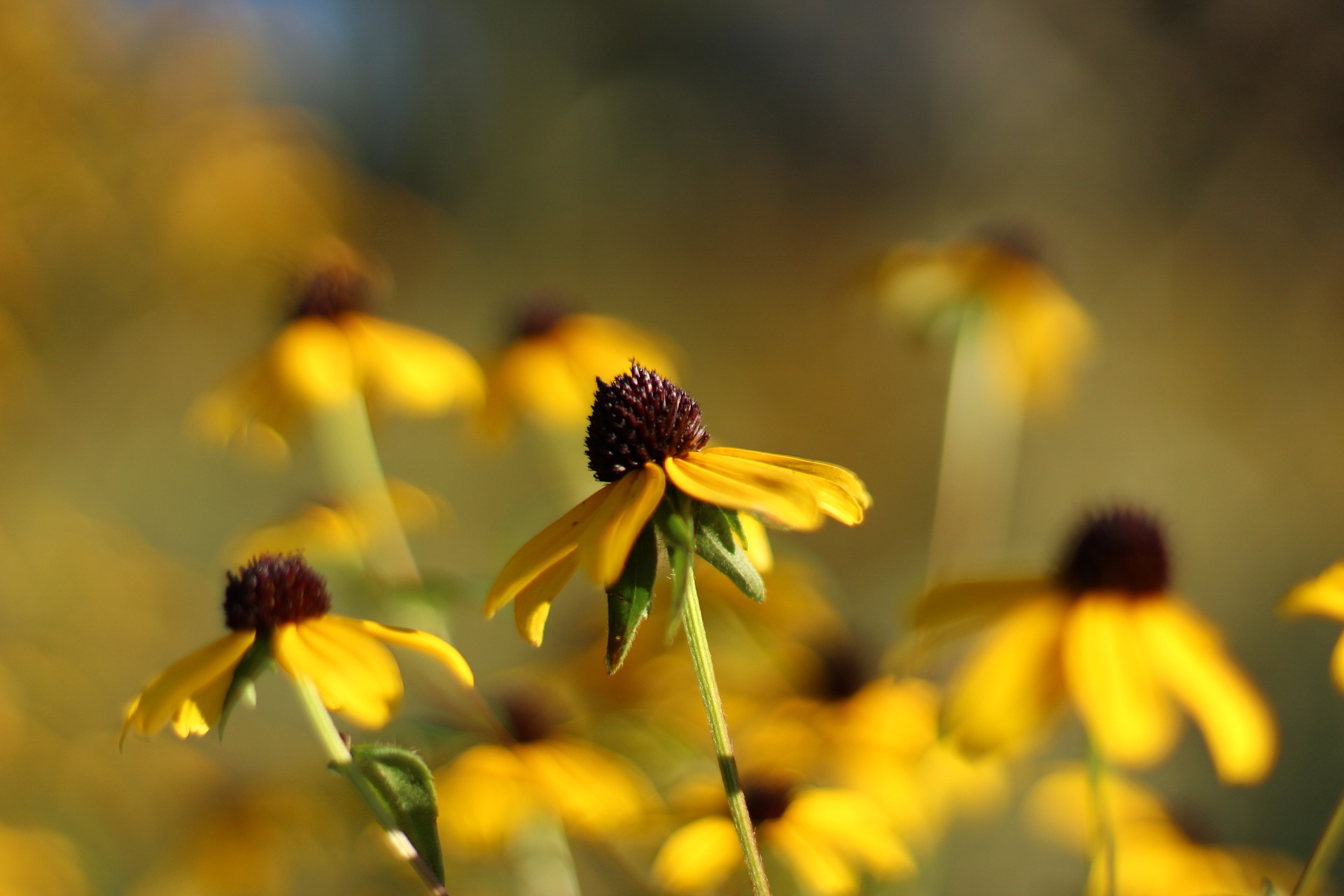Blog

#bioPGH Blog: Making Earth Day Every Day!
 A resource of Biophilia: Pittsburgh, #bioPGH is a weekly blog and social media series that aims to encourage both children and adults to reconnect with nature and enjoy what each of our distinctive seasons has to offer.
A resource of Biophilia: Pittsburgh, #bioPGH is a weekly blog and social media series that aims to encourage both children and adults to reconnect with nature and enjoy what each of our distinctive seasons has to offer.
We only have one planet, and on April 22, we get to celebrate it!
Ever since 1970, Earth Day has been a designated day of the year for us to acknowledge, celebrate, and perhaps offer up an act of service to our home. But just like we all matter on more days than just our birthday, our planet matters on more days than just its namesake day – it matters year-round! We all need clean air to breathe, clean water to drink, and we are all part of a vast interconnected wild neighborhood. Let’s look at three ways that we can make Earth Day ever day!
1.) Enjoy a Plant-Forward Diet
I love food, and since it’s hard to think in absolutes, I wouldn’t automatically suggest becoming vegetarian without some reflection. But becoming plant-forward is also fantastic for both you and the planet! National Institutes of Health research has shown that the closer people are to being vegetarian, the lower their risk of diabetes, high blood pressure and metabolic syndrome (a condition that raises your risk for heart disease and stroke). And when you do have meat, opting for white meat like chicken or turkey, and treating as a complement rather than a staple, can positively impact health outcomes and reduce greenhouse gas emissions. For me, meat is more for holidays and weekends. During the week, I am much more likely to be working on a veggie lasagna, a Crockpot of chili made with veggie chorizo and beans, or a spicy fried rice with eggs or tofu as my protein. Yummy!
2.) Keeping track of the plastic
We’ve heard reduce, reuse, recycle, but can we expand that to reduce, reuse, recycle, and rethink? Especially about our use of plastics. Plastics, once the wonder product of chemistry, have become ubiquitous in our daily lives, but they are detrimental to natural systems. An estimated eight million metric tons of plastics make it into our planet’s oceans annually in the form of everything from commercial fishing equipment to toothbrushes to plastic water bottles. These plastics damage marine habitat, enter the food web, and can hurt wildlife. The best solution is for all of us to collectively to use less plastic—especially single-use plastics. We can try to recycle when possible, but the US is struggling to recycle our plastics right now. We need to take action individually. Below are some easy changes we can all use as a starting point:
- Use Reusable Bags – I will fully admit to forgetting my grocery bags on occasion, but we should all keep practicing this action because of the sheer volume of new plastic in the world just from our bags! In the US alone, it costs us 12 million barrels of oil to produce them annually, and the average household goes through 1,500 bags per year.
- Opt for Reusable Bottles instead of Bottled Water and Bottles of Soda – This is probably the easiest yet most effective transition you can make. Americans used 50 billion bottles of water in 2017, and only 23% of those bottles were sent to be recycled (and of that 23%, it is unclear how much was actually recycled).
- BYOP – Bring your own plastic-substitutes! – Going out to dinner? Bring your own to-go containers and straws rather than rely on the restaurants. Staying at a hotel with plastic serving ware for breakfast? Bring a cutlery travel pack with you.
So let’s reduce how much plastic we use, reuse our plastics when we can, recycle wherever possible, and rethink the materials we use on a daily basis.
3.) Planting Native Plants at Home (garden, lawn, or container!)
Planting native plants in your garden helps support native pollinators and, altogether, native habitats. Through habitat loss and fragmentation, our pollinator species have fewer options for homes as we continue to develop natural lands; and introduced exotic species of plants and animals as well as climate change also have complex consequences on our native pollinators. By planting native plants, we can help keep the interconnected food web around us stable.
Of course, supporting pollinators also helps to support…us! Without pollinators, most of our food supply would disappear. Globally, 75% of our foods come from crops that require pollination, and in the US, approximately one third of our food is derived directly from the work of bees. In addition, our other native non-crop plants also depend on pollinators to reproduce, so pollinators are essential to maintain much of our shared natural heritage.
4.) Come see us this Saturday!
If you want to chat about these or any other ways to make Earth Day Every Day, come see me this Saturday, April 19, from 11 am – 2 pm in the Conservatory! I will also have some flower seeds for you to take home as a little Earth Day gift!


